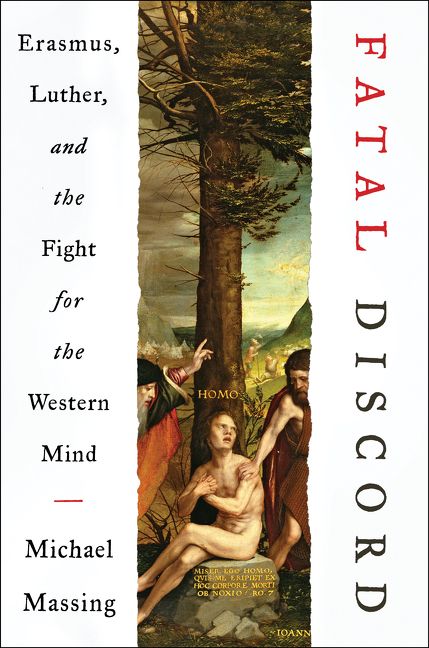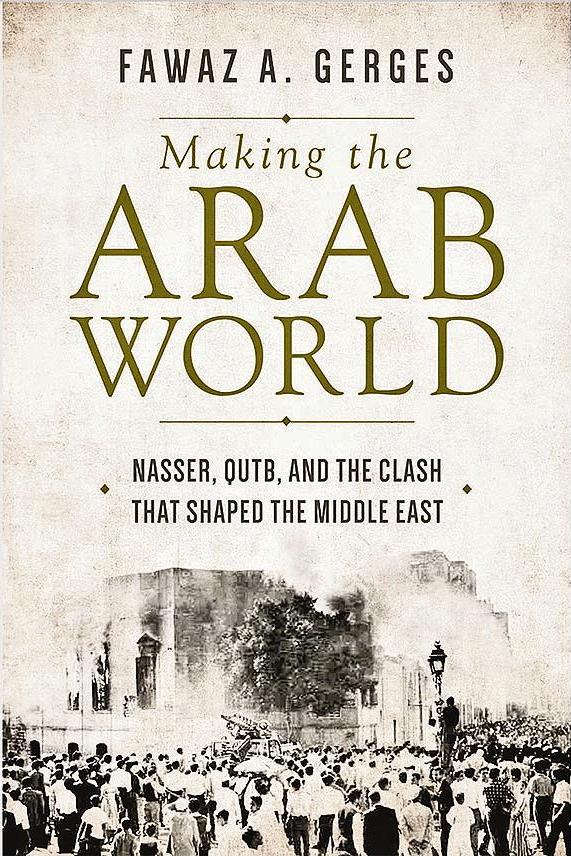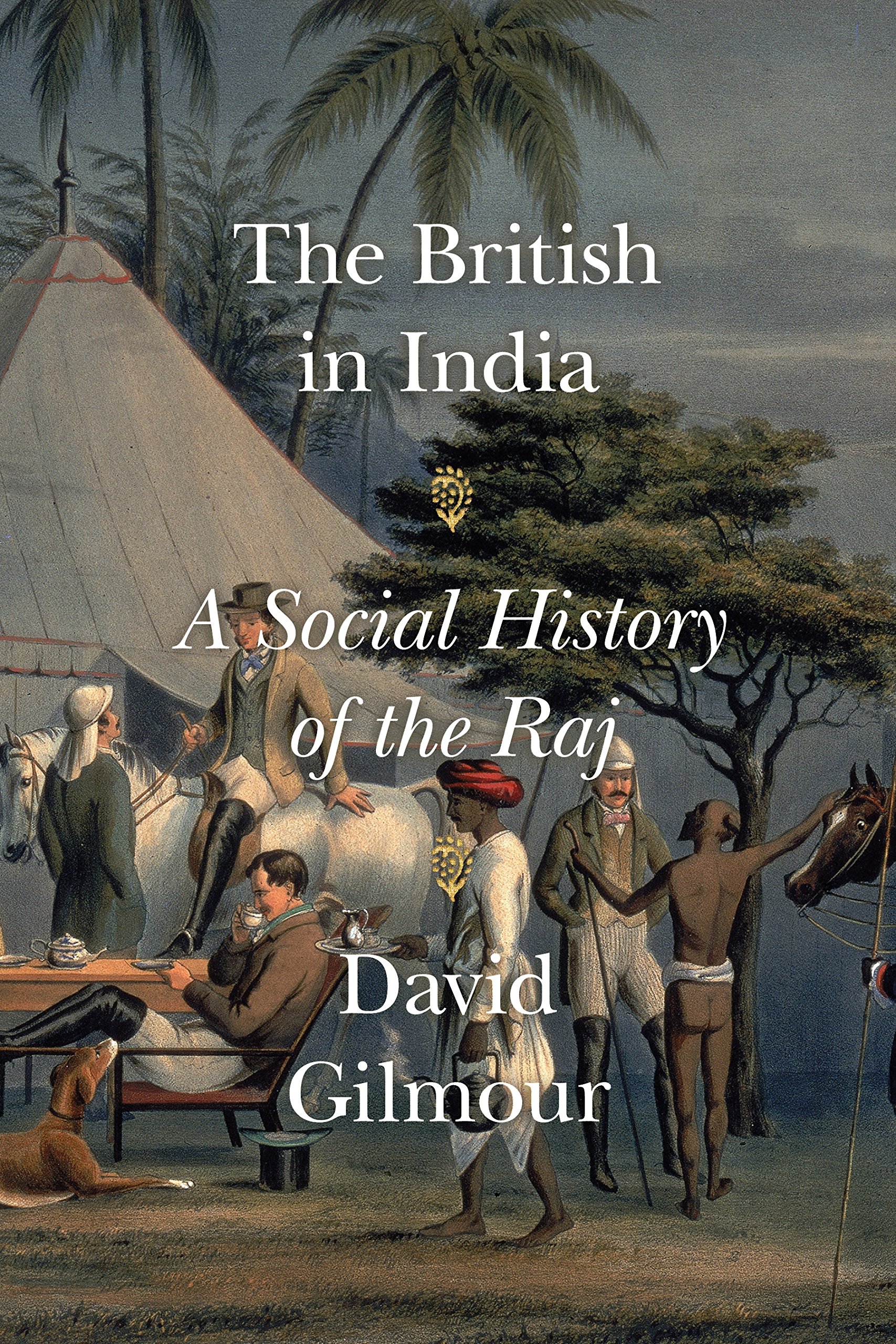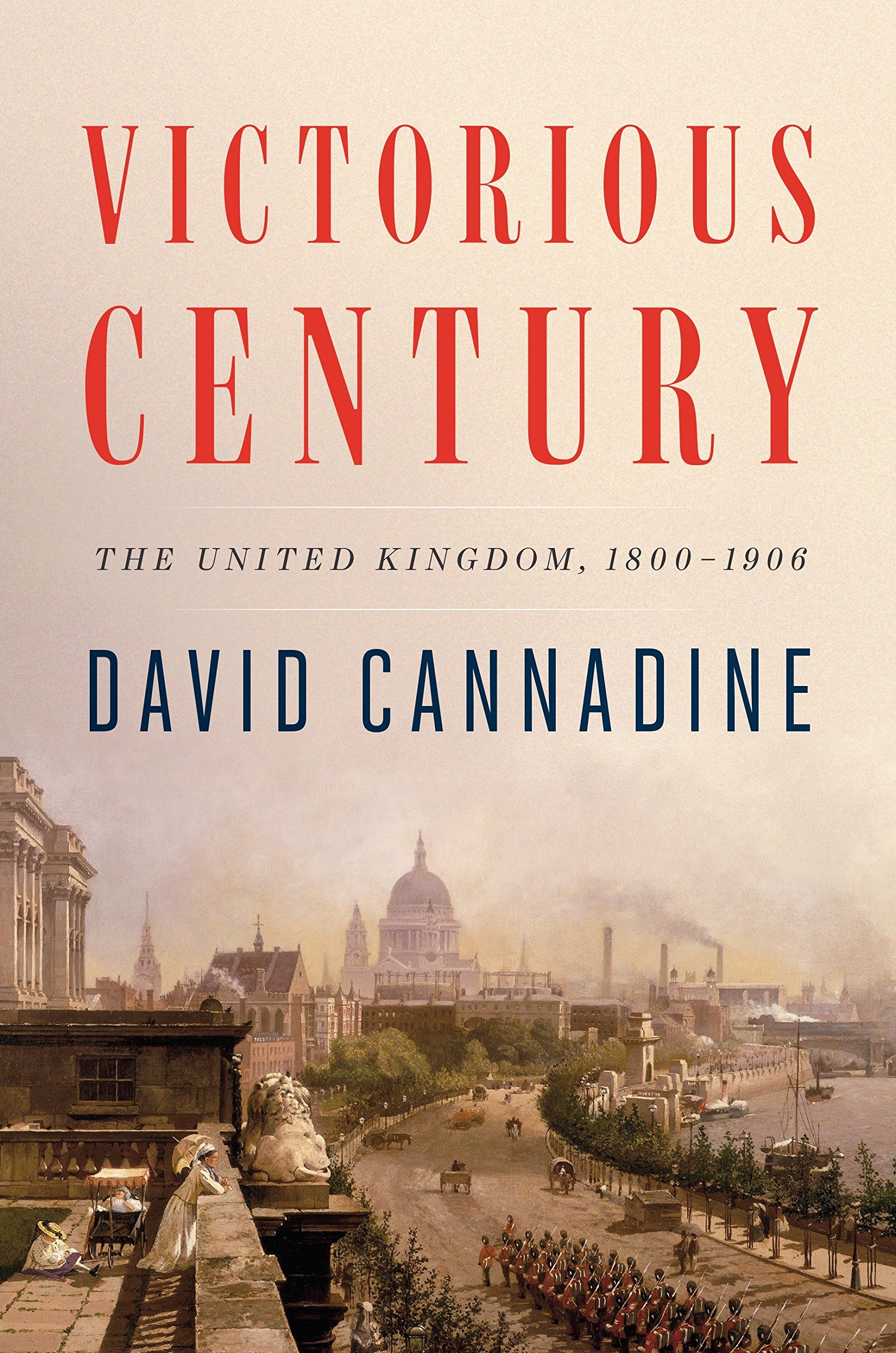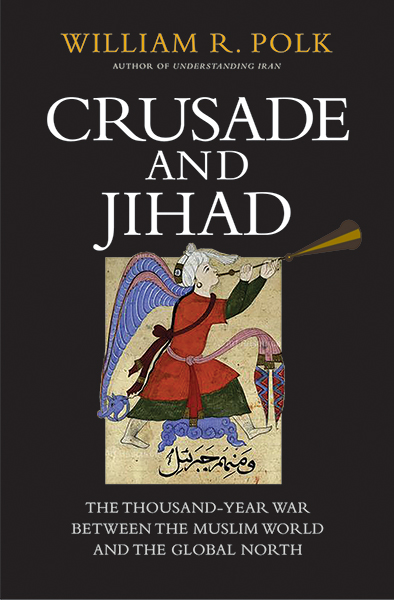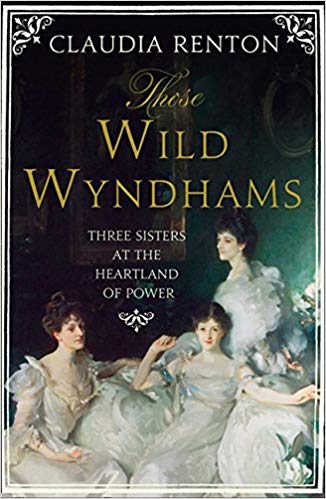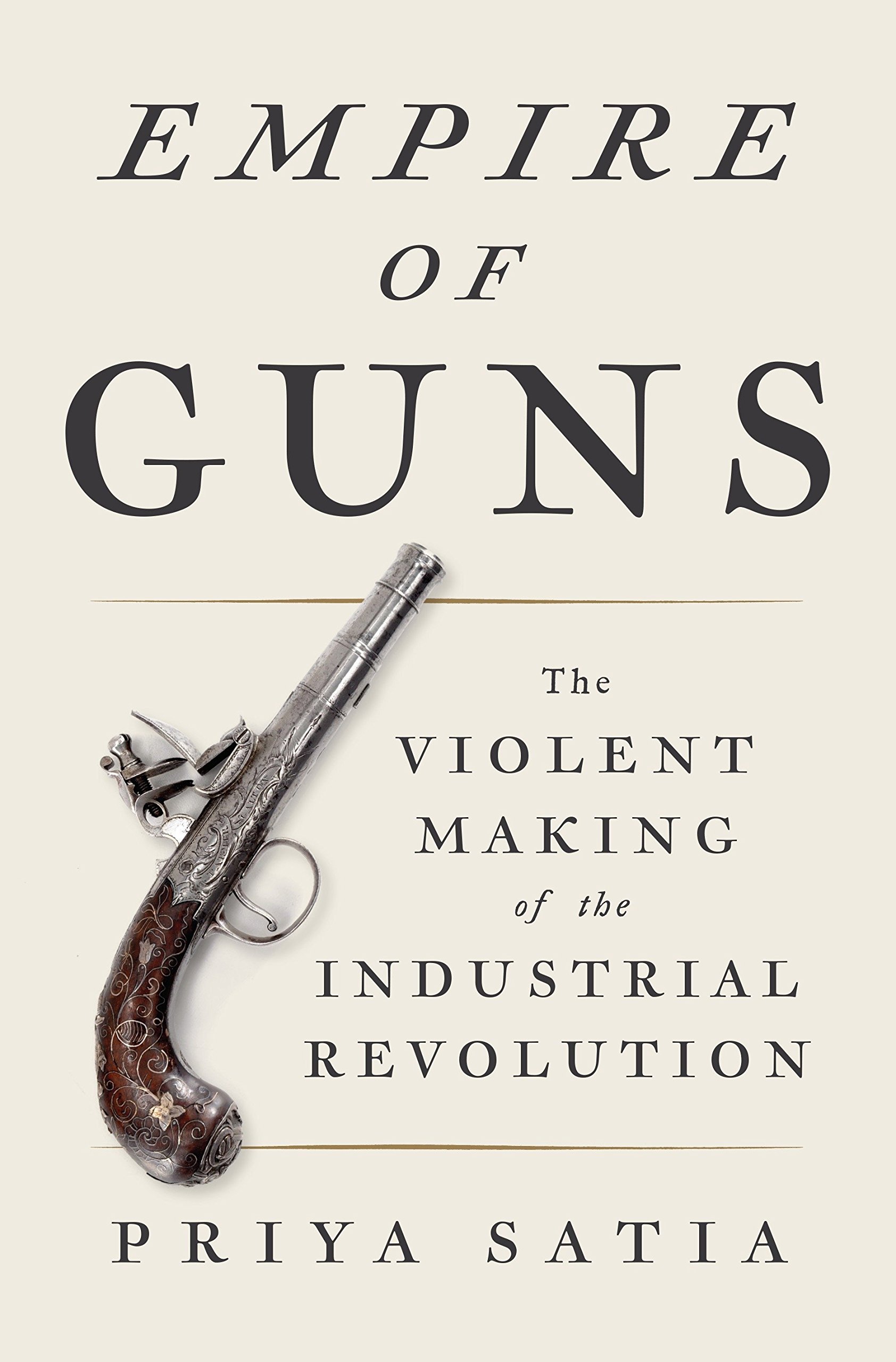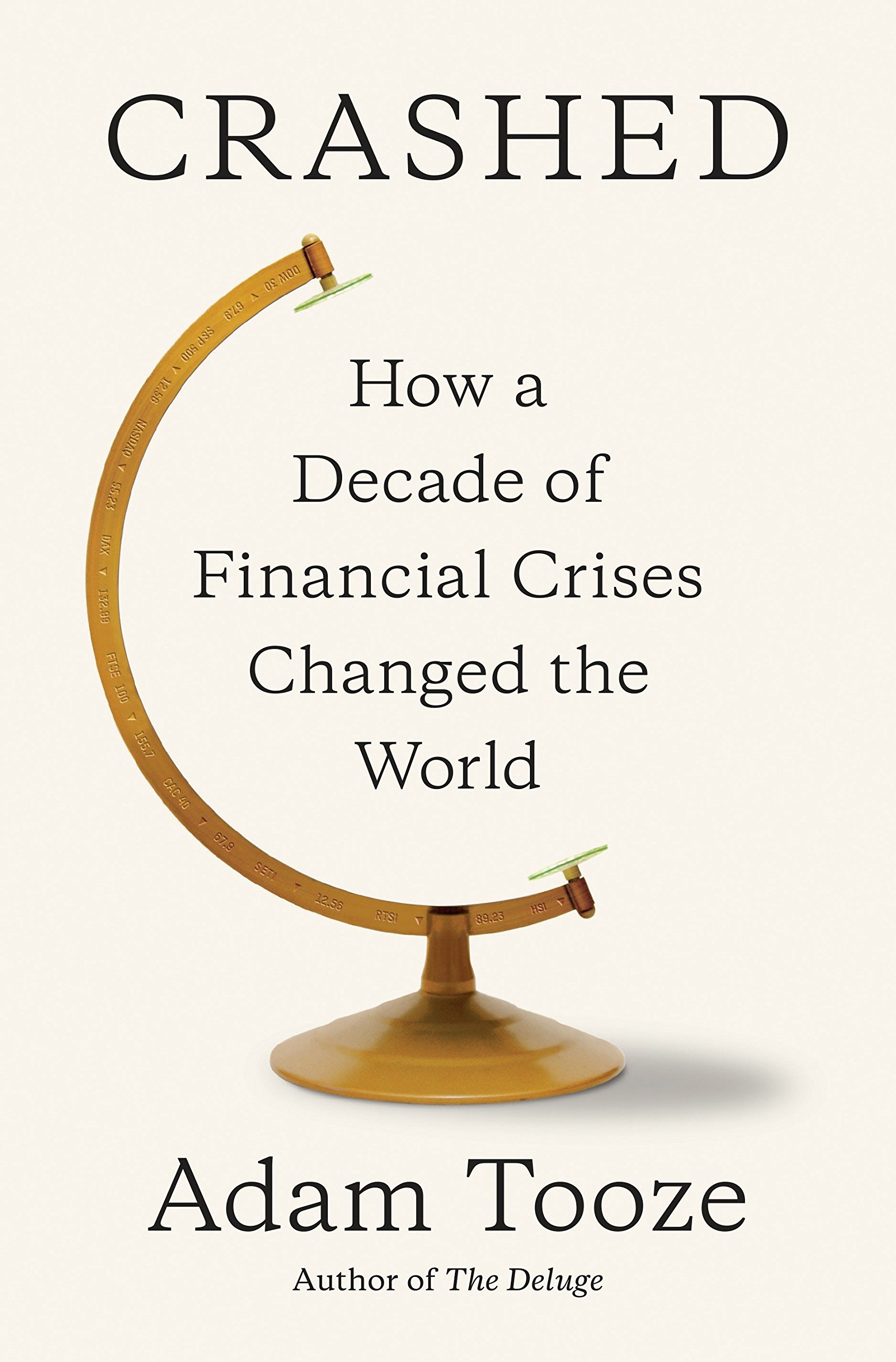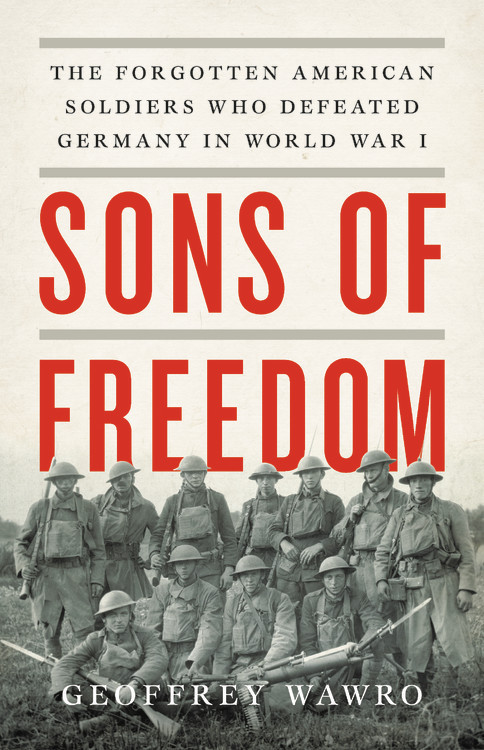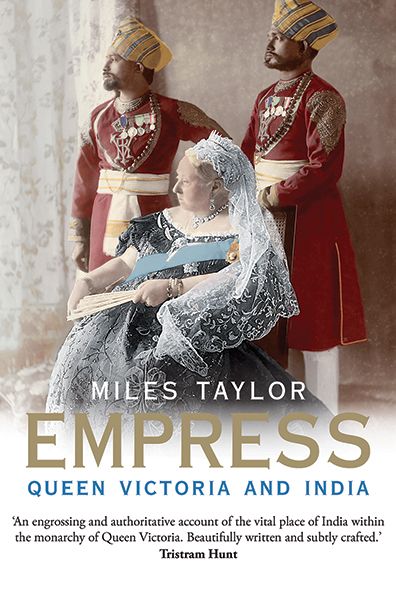Best Books of 2018: History!
/2018 was aswim with first-rate titles in my second-favorite genre – so much so that winnowing down the candidates to a mere ten was more difficult than almost any other year in the last decade. There was an entire shelf of excellent books on aspects of the Second World War; there were searching inquiries into the complicated relationship between West and East; there was a group of immense volumes of godlike synthesis; and perhaps most notably, there were many books that took bold new looks at long-settled interpretations. But the final count comes down brutally to the ten best:
10 Crusade and Jihad by William Polk (Yale University Press) – This big, dense book by William Polk is one of those comprehensive works of synthesis that have a stop-and-think insight on virtually every page. Polk tells the story of a thousand years of relationships between the Muslim and the Christian worlds, and he makes it all feel electrifyingly fresh.
9 Victorious Century by David Cannadine (Viking) – The great historian David Cannadine here matches his skills with one of the greatest stories: the pinnacle of the British Empire in the 19th century, with its world-changing heights of commerce, military pomp and power, and cultural sway. Cannadine is endlessly readable, and here, as always, he's also subtly revisionist – this is the big popular narrative of Victoria's Britain that will last well into a new century.
8 The British in India by David Gilmour (Farrar, Straus and Giroux) – David Gilmour's book studies the people who went to India during the long years of the Raj – not exclusively the high officials or governors, but the ordinary folk who left England to pursue a new life in a strange new world, the porters and scholars and clerks and cooks and how they lived their day-to-day lives. Gilmour's elegant, witty prose brings all walks of the English world in India alive.
7 The Making of the Arab World by Fawaz Gerges (Princeton University Press) – Fawaz Gerges investigates the extremely volatile last century in the Arab world, centering on Nasser's Egypt and particularly on the parallel stories of Nasser himself and a leader of the Muslim Brotherhood. Gerges fleshes it all out with marvelously patient sweep and detail.
6 Fatal Discord by Michael Massing (Harper) – The long and increasingly acrimonious debate between Dutch humanist Erasmus and firebrand German reformer Martin Luther its at the heart of Michael Massing's excellent and unexpectedly absorbing new book. Luther's tirades against a massively corrupt Church are balanced against the pleas of Erasmus for discussion and moderation, and what might have been in other hands an arid theological history becomes instead gripping history.
5 Empress by Miles Taylor (Yale University Press) – The political and cultural sway of Queen Victoria is too often reduced to Merchant-Ivory primary colors of surface and sentiment, and Miles Taylor's book acts as the ultimate antidote: here is the story of what it actually meant, socially and politically, on the grand scale and in the day-to-day, for Victoria to be Empress of India, and it's all written with a grace and subtle humor.
4 Sons of Freedom by Geoffrey Wawro (Basic Books) – Geoffrey Wawro takes the traditional picture of America's participation in the First World War – that the American doughboys shipped over late and in haste, tipping the scales that were already weighted in favor of the Allies to help defeat Germany – and upends it thoroughly in favor of a version in which the Allies were on the verge of losing the war and were saved by the Americans to a far greater extent than usually thought. The book is utterly invigorating – and mighty convincing.
3 Crashed by Adam Tooze (Viking) – The 2008 world-wide financial meltdown is the perhaps somewhat unlikely subject of this fascinating and challenging new book by the great Adam Tooze, whose histories are always buttressed with charts and figures but whose narratives are always clear and compelling. Tooze has written about money during the First World War and during the Second, and here he writes wonderfully (and, unfortunately, presciently) about the biggest financial upheaval of the modern era.
2 Empire of Guns by Priya Satia (Penguin Press) – The textbook pieties of the Industrial Revolution – innovation through technology bringing enlightenment and changing the world – receive a drastic and utterly convincing revisionist body-blow in this terrific new book by Priya Satia, who finds plain old guns – and the staggeringly influential arms trade – at the heart of everything.
1 Those Wild Wyndhams by Claudia Renton (Knopf) – The heights of gaudy excess that (perhaps unfairly) have come to characterize the Edwardian Era are on full display in this amazing new book by Claudia Renton, the best history of 2018, which tells the story the super-rich Wyndham sisters and their wider set in town and country, influencing every aspect of the birth of the modern era. Renton writes with grace and muscular curiosity, crafting a narrative every bit as fascinating as the famous John Singer Sargent painting that immortalizes the sisters themselves.

